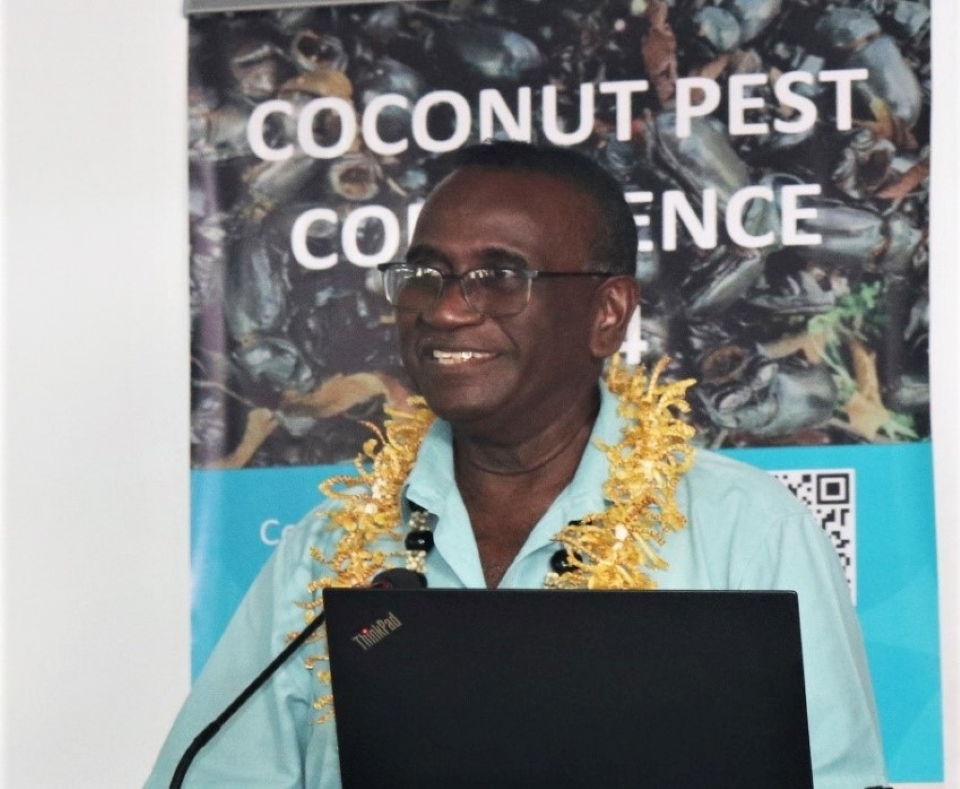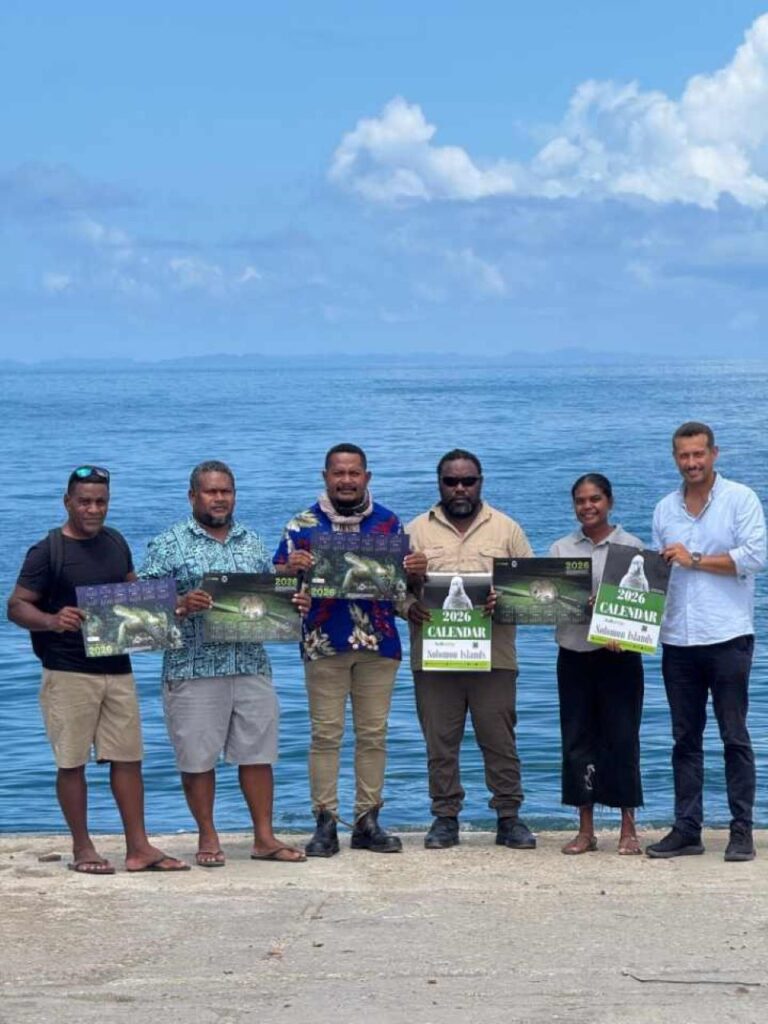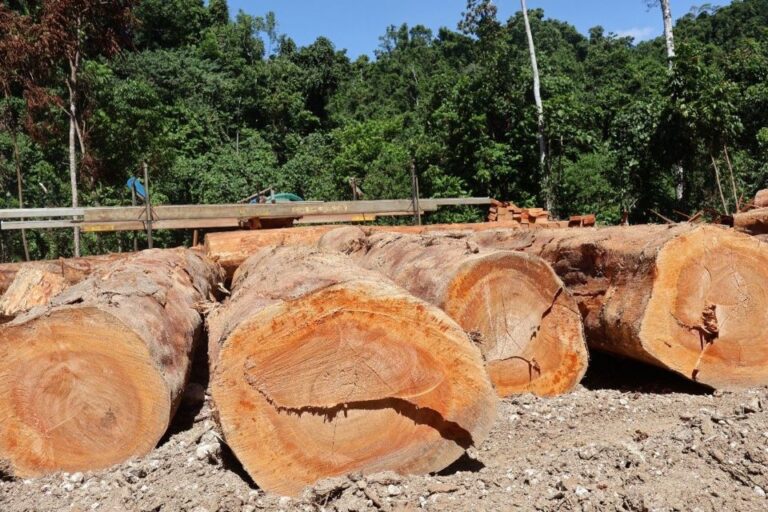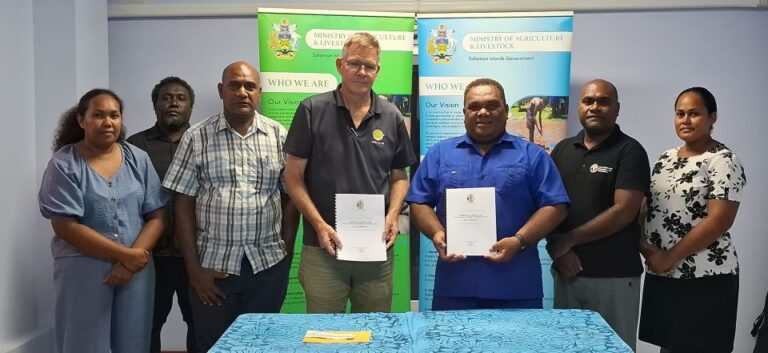BY JOY OFASIA
DR. Transform Aqorau, Vice Chancellor of Solomon Islands National University, highlighted the need to economically protect the Solomon Islands and other Pacific Islands’ coconut industries during the Coconut Pest Conference 2024.
The four-day Coconut Pest Conference is currently underway at the Solomon Islands National University (SINU) Fisheries Lecture Theatre, Ranadi Campus. The conference is hosted by the Pacific Community (SPC) and Solomon Islands National University (SINU) in collaboration with the International Coconut Genetic Resources Network (COGENT).
Dr. Aqorau says the theme for the Coconut Pest Conference stressed the urgent need to address the economic impact of the Coconut Rhinoceros Beetle and other major insect pests on the Pacific Islands.
“The theme ‘Minimizing the economic impact of the coconut Rhinoceros Beetle and other major insects’ pests of coconut through innovative and participatory research outreach actions’ assumes greater significance.
He says it calls for resilience, stability, and proactive measures to safeguard our coconut industry and, by extension, our economic prosperity.
He says the health of our coconut plantations is in a suitably conducive way to the world being a volcano and the sustainability of our communities.
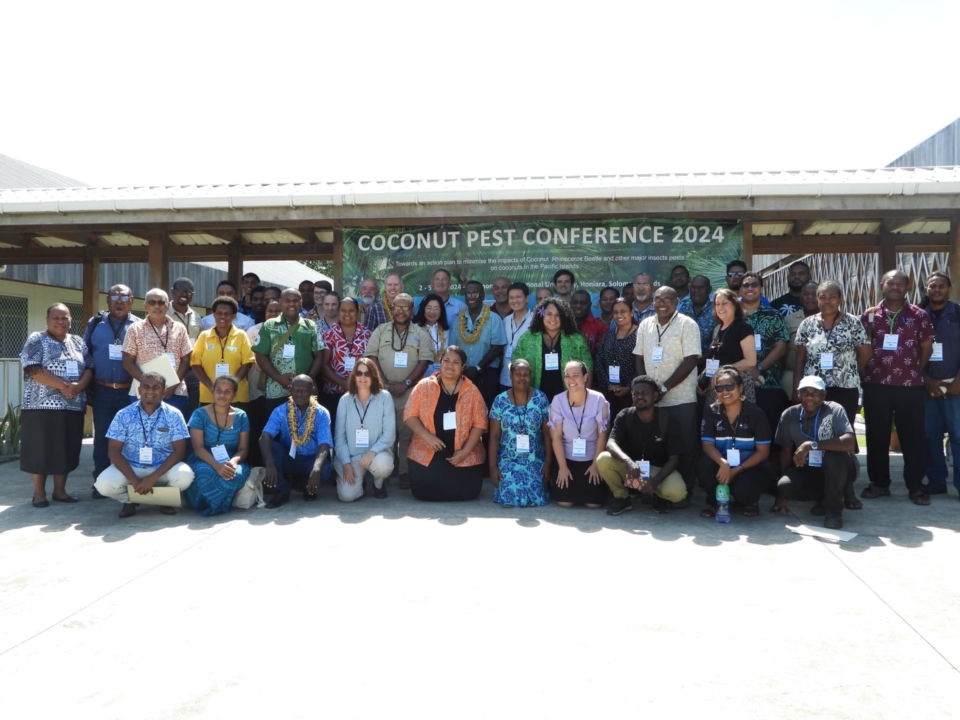
“As we embark on this conference, let us remember that the states are high, and the responsibility rests on our connected shoulders.”
“The future of our coconut industry, the economic stability of our communities, and the presentation about how to repair it depend on the outcomes of our discussions. Let us work together with determination, innovation, and a shared vision for a prosperous and pace-free facility today so that together we can rise to meet the challenges and secure a future with our team of love, which continues to strive and nourish our communities. This conference holds a special place in their hearts, as my personal journey is closely tied to thriving in the coconut industry,” he noted.
The conference has attracted participants and speakers from both the local and international communities. It began with a field trip this morning and will conclude on Friday, July 5.
The objectives of the conference are as follows:
- To review information on the biology and control of CRB and other major insect pests of coconut in a global context.
- To gain a better understanding of the successes and limitations of current research and methods of control to guide new researchers and inventions.
- To devise improved research and biosecurity strategies for better management and prevention of economic outbreaks and new inclusions of coconut pests.
- To use the learnings from this conference to develop a regional action plan or agenda for improved management of major coconut pests in the Pacific Islands.
According to SINU’s press statement, Dr. Aqorau said the coconut, a symbol of life, is a vital economic resource, providing sustenance, livelihood, and cultural practices and contributing significantly to the nation’s GDP.
“As we gather here, we are called upon to protect and nurture this invaluable resource, ensuring its legacy endures for generations to come.
“The coconut industry, a lifeline for thousands of families, provides employment opportunities and serves as a crucial export commodity.
“Yet, the economic stability of our communities is imperiled by the relentless impact of the Coconut Rhinoceros Beetle (CRB) and other major insect pests.
“These invaders wreak havoc on coconut plantations, diminishing yields, compromising quality, and escalating production costs.
“The economic repercussions ripple far beyond the agricultural sector, disrupting related industries such as processing, manufacturing, and exports.
“The focus of our conference on innovative and participatory research outreach actions is not only timely but essential.
“It underscores the need for collaborative efforts and the exchange of knowledge to develop sustainable solutions.
“By bringing together scientists, researchers, policymakers, and local communities, we strive to formulate a comprehensive action plan that addresses both the biological and socio-economic dimensions of pest management.
“This holistic approach ensures our strategies are scientifically robust, culturally sensitive, and economically viable, paving the way for a resilient and thriving coconut industry.
“In the context of global challenges such as climate change, which further exacerbates pest outbreaks and agricultural vulnerabilities, our theme assumes even greater significance.
“It calls for resilience, adaptability, and proactive measures to safeguard our coconut industry and, by extension, our economic prosperity. The health of our coconut plantations is intrinsically linked to the well-being of our people and the sustainability of our economies.
“As we embark on this conference, let us remember that the stakes are high and the responsibility rests on our collective shoulders.
“The future of our coconut industry, the economic stability of our communities, and the preservation of our cultural heritage depend on the outcomes of our discussions and the actions we take henceforth.
“Let us work together with determination, innovation, and a shared vision for a prosperous and pest-free Pacific.
“Together, we can rise to meet these challenges and secure a future where our “Tree of Life” continues to thrive and nourish our communities,” the SINU VC told participants and facilitators of the conference.
He added that this conference holds a special place in his heart, as his personal journey is closely intertwined with the coconut industry.
“As a high school and university student, I spent my time on the islands cooking copra to pay for my school fees, which gave me a profound understanding of the industry’s significance at a very personal level.
“The coconut industry was not just a means of livelihood but a foundation for my education and growth,” Professor Transform stated.
The major sponsor of the event is the Ministry of Foreign Affairs and Trade (New Zealand). The other sponsors include the Crawford Fund, the ASEAN FAW Action Plan, the International Coconut Genetic Resources Network (COGENT), and the Solomon Islands National University (SINU).

